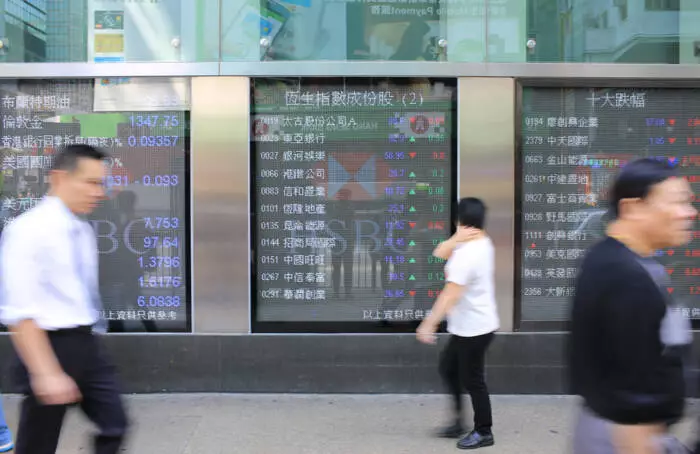Recent shifts in China’s economic policies have caught the attention of investors, resulting in a significant rebound in the Asian markets—especially in the real estate sector. For instance, the Hang Seng Mainland Properties Index (HMPI) experienced a dramatic 30.64% increase during the week ending September 27. This surge is indicative of renewed confidence among investors, driven mainly by expectations of government-supported recovery strategies in real estate. Leading companies in this sector, such as Longfor Group Holdings, Shimao Group Holdings, and Agile Group Holdings, recorded extraordinary gains of 56.44%, 69.81%, and 46.51% respectively, highlighting investor optimism.
In a complementary move, the technology sector also demonstrated substantial gains. The Hang Seng Tech Index (HSTECH) climbed 20.23%, reflecting a broader trend in investor interests shifting towards tech stocks. Notable performers included Baidu and Alibaba, which rose by 17.73% and 17.55%, respectively. Additionally, Tencent added to the momentum with a 12.66% increase, showcasing that as the real estate sector gains traction, tech industries are also thriving in this environment of heightened investor sentiment.
Broader Economic Indicators on the Rise
Beyond stocks, other economic indicators showed promising trends. China’s policy reforms sparked an increase in demand for iron ore, used as a critical raw material in construction and infrastructure. Spot iron ore advanced by 15.62%, reflecting hopes for a revival in economic activities. Moreover, gold prices also rose, albeit modestly, with an increase of 1.38%, signaling cautious optimism among investors diversifying portfolios in response to policy changes.
Across the sea, the Japanese markets reacted to domestic developments, particularly Tokyo’s inflation data, which tempered expectations regarding potential interest rate cuts from the Bank of Japan. As a result, USD/JPY surged to as high as 146.491 before retracing during the later trading sessions. This volatility in the currency market led to increased demand for export-driven stocks, with companies like Tokyo Electron and Softbank experiencing gains of 13.32% and 6.19%, respectively.
With central bank policies in Beijing and Tokyo shaping market dynamics, traders must remain vigilant. The interplay between real estate recovery, tech growth, and international indicators will dictate market movements, making it imperative for investors to stay informed about real-time news, expert analyses, and data releases. As we witness these shifts, sectors that adapt to and capitalize on these changes may emerge as frontrunners in the evolving landscape of Asian equity markets. Staying updated will be key to navigating these intricate developments and making informed trading decisions.
The rejuvenation of the Asian markets, fueled by proactive policies in China and shifting dynamics in Japan, present a landscape rich with opportunities for investors willing to engage with a rapidly changing economic environment.

